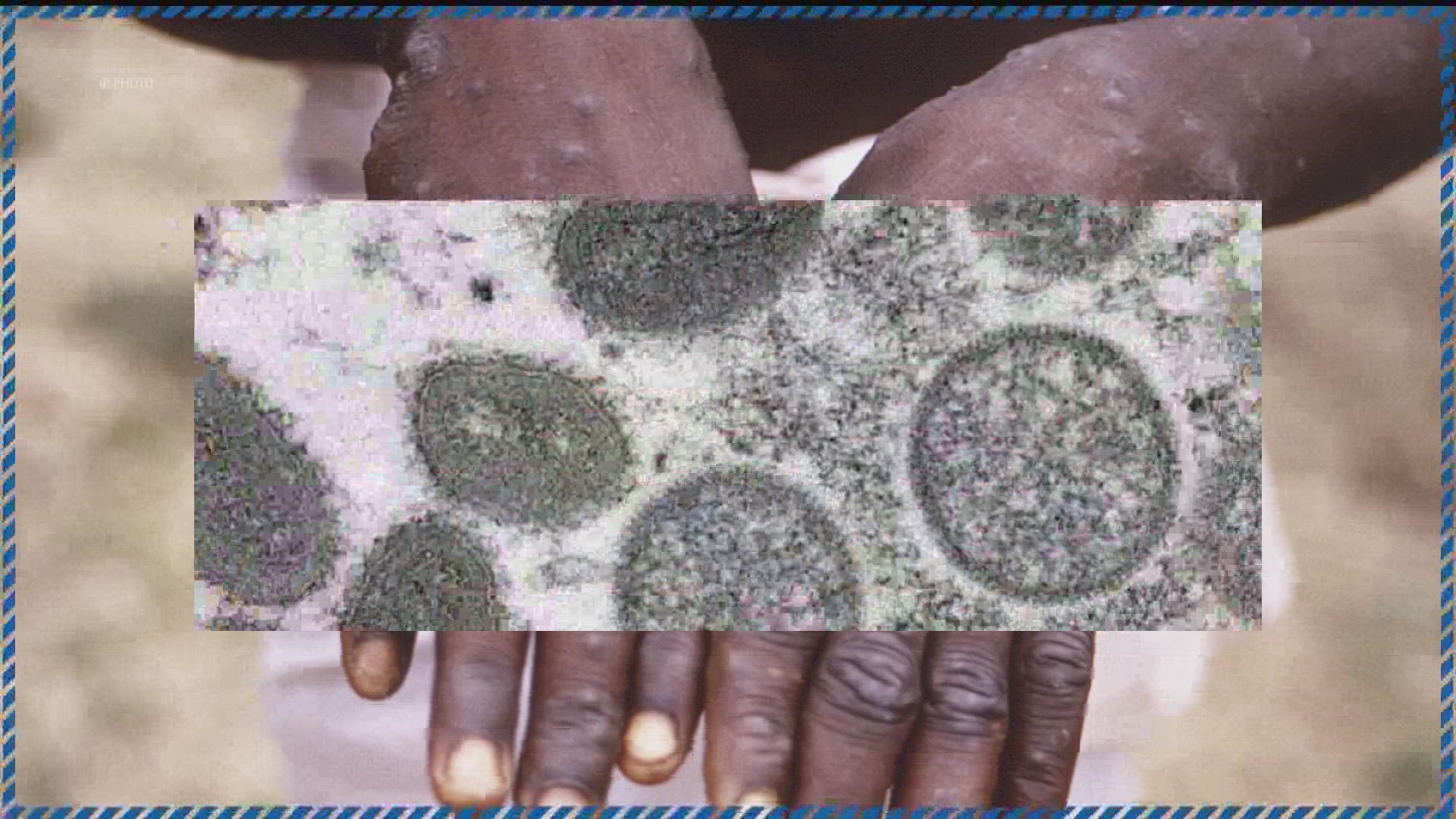MINNEAPOLIS — Editor's Note: The video above originally aired to KARE 11 on June 27, 2022.
The number of monkeypox cases remains in the single digits in Minnesota, but laboratories have already begun mass testing.
Starting Monday, Mayo Clinic Laboratories in Rochester will begin testing for the monkeypox disease using the Centers for Disease Control’s orthopoxviral test, the CDC said in a statement on Monday.
The laboratory’s response will increase nationwide testing capacity as the country has seen 790 monkeypox cases through July 8, the CDC reported. As of July 11, there have been nine confirmed cases of monkeypox reported in Minnesota, according to the Minnesota Department of Health.
“The ability of commercial laboratories to test for monkeypox is an important pillar in our comprehensive strategy to combat this disease,” CDC Director Rochelle Walensky said. “This will not only increase testing capacity but also make it more convenient for providers and patients to access tests by using existing provider-to-laboratory networks.”
According to the CDC’s statement, Mayo Clinic Laboratories expects to be able to perform up to 10,000 tests per week. The Rochester lab will be able to accept specimens from anywhere in the country.
For now, 10,000 tests seem like a lot, but commercial labs are preparing for a potential surge as 37 states have now confirmed monkeypox cases. Around Minnesota, North and South Dakota have not reported any cases while Iowa and Wisconsin have reported one case of the disease each.
For anyone who develops any symptoms, including a rash, “they should talk to their healthcare provider about whether they should get tested as well, even if they don’t think they had contact with someone who has monkeypox,” the CDC’s statement said.
MDH offered these tips to slow and stop the spread of the monkeypox disease:
- Practice good hand hygiene. Wash your hands with soap and water or use an alcohol-based hand sanitizer.
- Minimize skin-to-skin contact with people who have been exposed to the virus or to those showing a rash or skin sores.
- Avoid materials directly in contact with a person who has monkeypox, like clothing or bedding.
- Contact a health care provider if you develop symptoms, as early recognition and testing can help prevent further transmission.
Watch more local news:
Watch the latest local news from the Twin Cities in our YouTube playlist:

